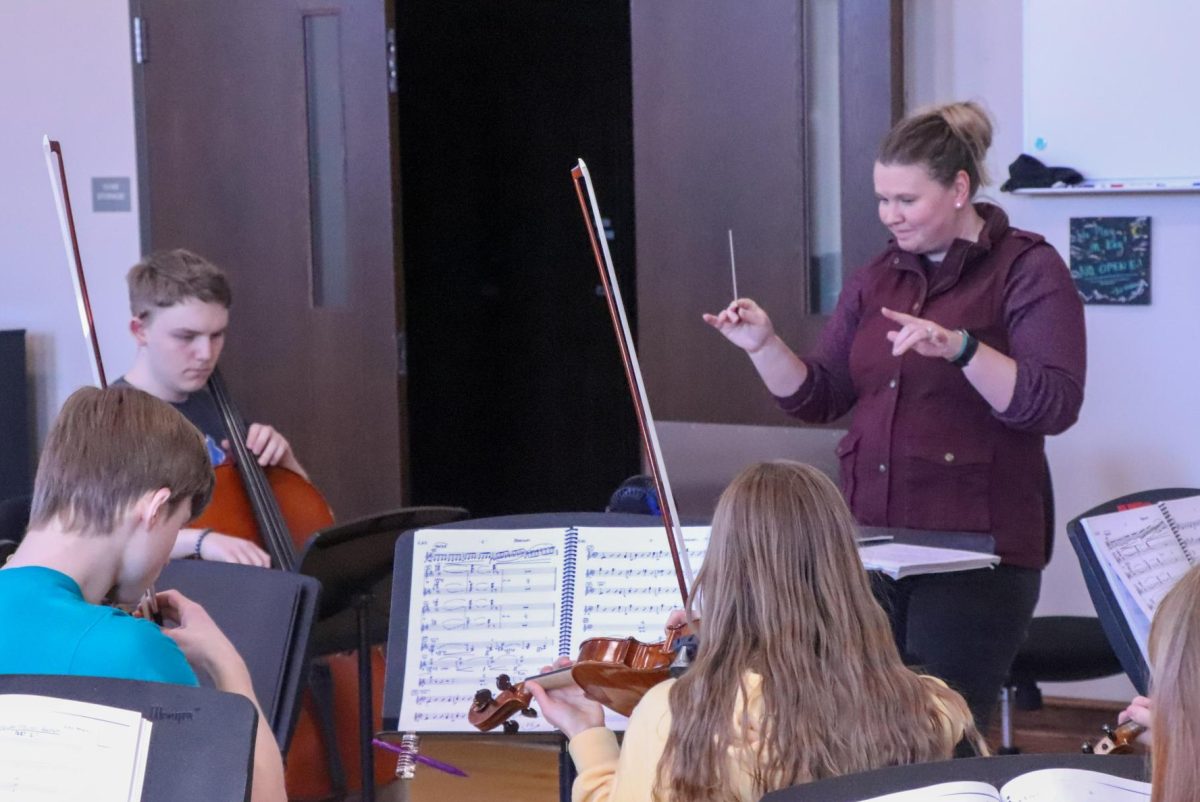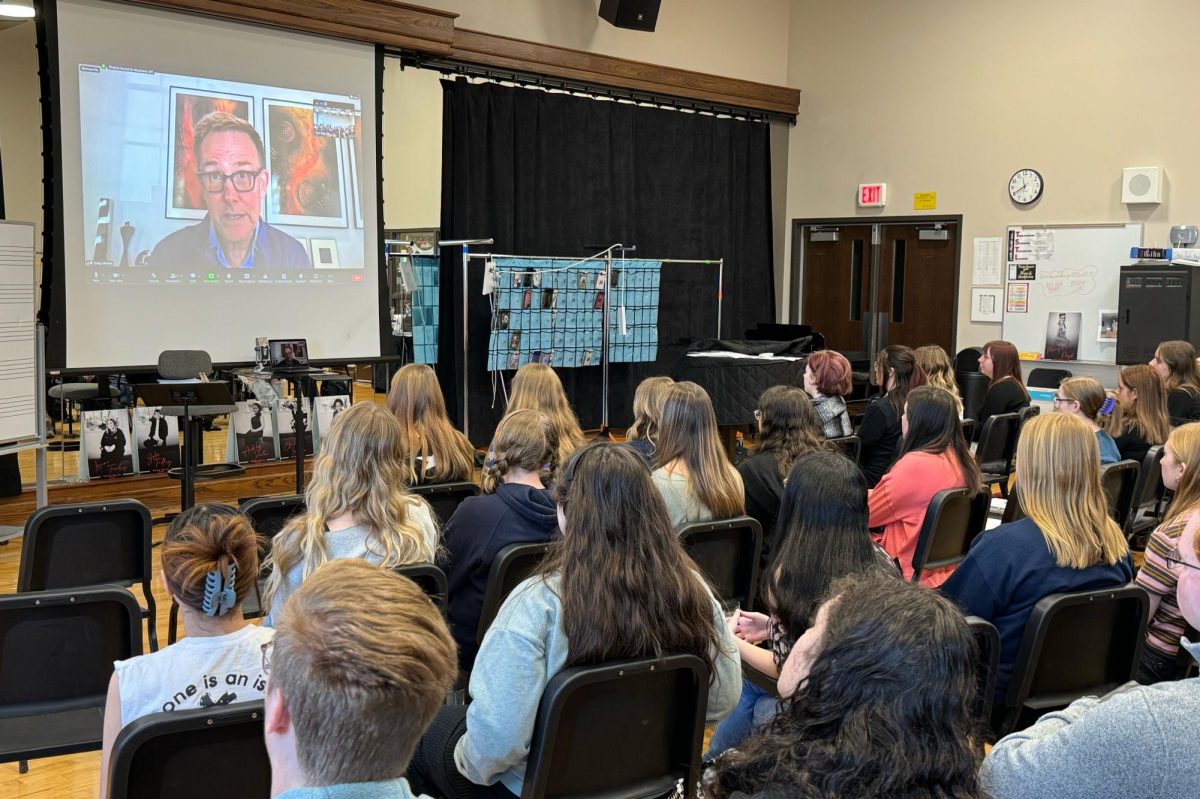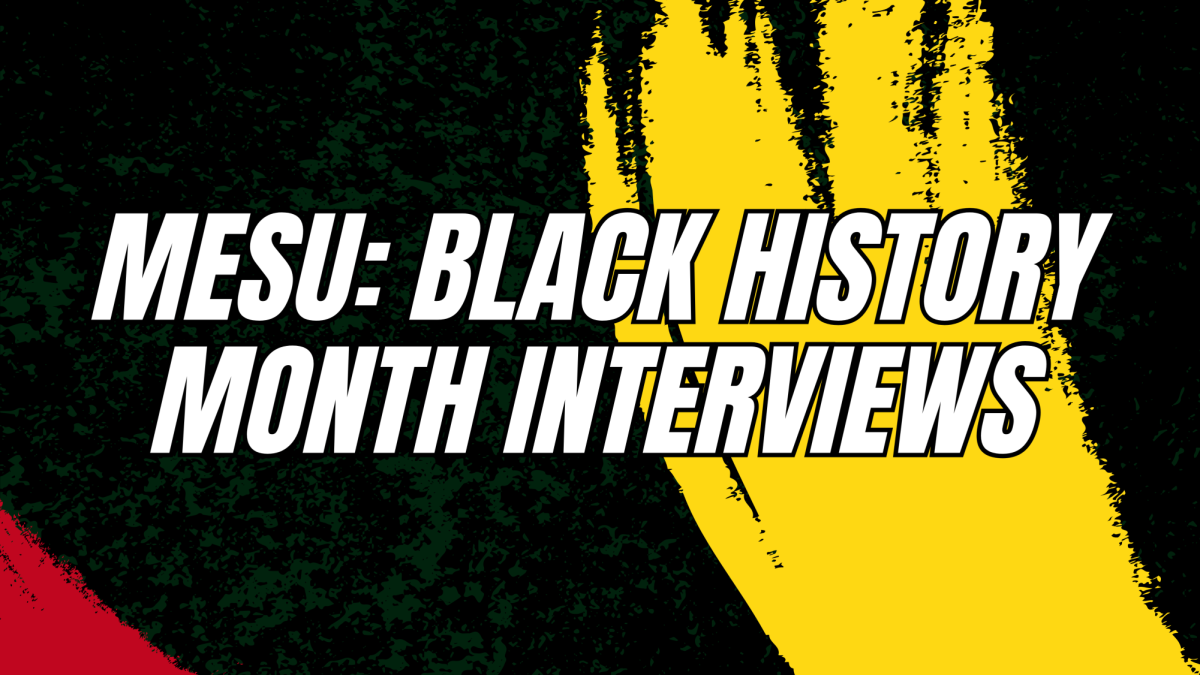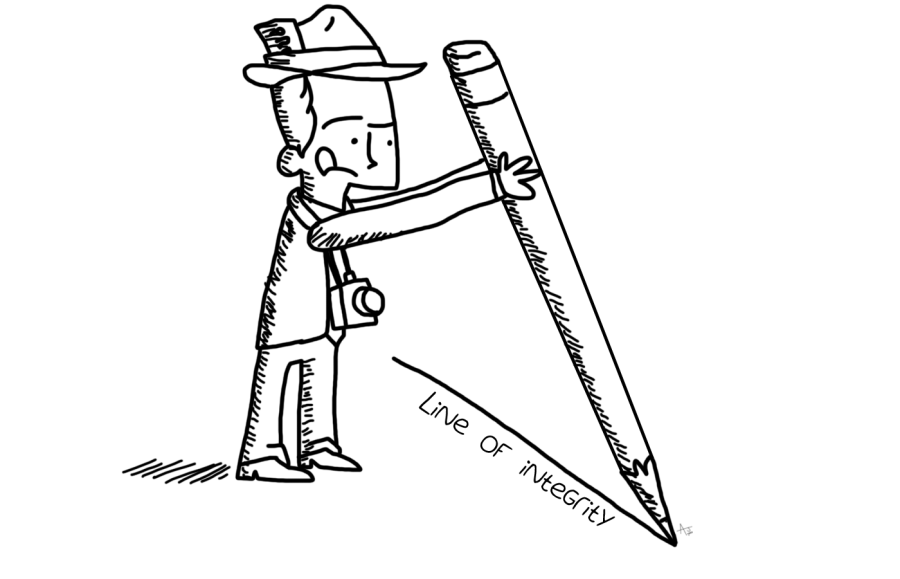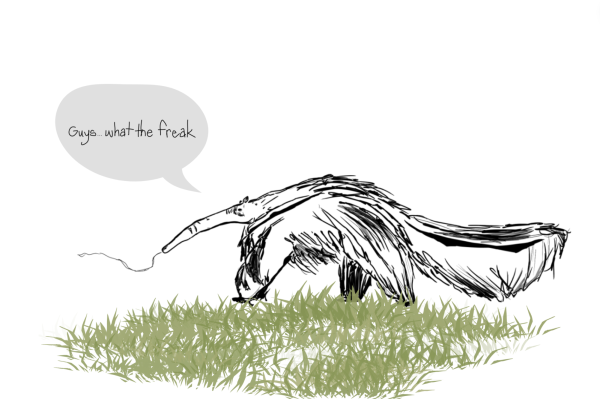Staff Editorial: The State of Journalism
December 18, 2015
In theory, the mission of a journalist is to report the truth, and to do no harm. However, adherence to that mission has become somewhat murky in recent years. Likewise, these changes in journalism culture have made being a journalist is becoming more difficult in and of itself.
For someone turning on a modern news channel, the world looks terrible. When we visited CNN and MSNBC’s website while writing this piece, we found various articles about Donald Trump’s crazy antics, updates on the ISIS situation in Syria, North Korea supposedly owning hydrogen bombs, and clickbait-y articles. When we went on to Fox News, it became worse. As we write, ten out of sixteen articles on the front page of Fox New’s website have to do with the horrors of terrorism and how ISIS must be stopped and how we’re doing it, and the other six articles are on gun control or Selena Gomez lip-syncing. All of these articles are paired up with pictures of bloody corpses, mugshots, pictures of ISIS members waving guns around, and Trump (except for the Gomez one, of course). All contribute to the overall sense of fear that it seems the website is trying to convey.
That’s not to say that there aren’t things to be afraid of in our country. There are, but they aren’t the things being reported on. In fact, the average American has a greater chance of being killed by a lightning strike than in a terrorist attack. Meanwhile, around 88,000 deaths occur annually due to alcohol-related issues. Around 33,000 deaths occur in car crashes. Instead they’re busy telling you about the latest deadly home invasion in some city halfway across the country, despite the fact that every year there are only around 2,000 deadly home invasions, out of 125 million houses (or .002%). It’s also worth mentioning that we are in the most peaceful time in human history, but most people will tell you we’re living in the most violent. Why? Because news stations tend to focus heavily on the violent stuff because as it so happens, violence sells.
This change wasn’t for no reason, though. The fact is that many people are no longer as interested in real news. News sources are becoming more sensationalized, now the money is in getting more clicks, which means pandering to audiences and reporting on the things that will pique the interest of today’s increasingly impatient readers as they skim through their feeds or flip through their channels. Readers are no longer concerned with the concept of multiple viewpoints on a controversial topic. Instead, many will just flock to whichever news station matches their ideology and helps them create an echo chamber where glossy news anchors tell them what they want to hear before showing them the latest advance in internet cat videos. There is a constant search for the next big headline, which has created a kind of insanity, culminating in the break-ins and crime-scene contamination perpetrated by journalists attempting to find more information on the San Bernardino shooters.
As a publication, the Little Hawk largely avoids this trend. Granted, there is less for us to report on than there is for a national news source, and the subjects tend to be a lot less heavy, but we actively endeavor to report on the things most relevant to our school without doctoring or misrepresenting the subjects of our reporting. In fact, many publications are doing the same. Publications such as the New York Times and the Washington Post are still attempting to report honestly on important issues, such as America’s problem with gun violence.
Nevertheless, sensationalized reporting is an alarming trend. Instead of attempting to educate the public, some media outlets pick and choose specific stories that match a target audience and will make us feel exactly what they want us to feel so we will keep on tuning in. Americans are more aware of the strange pasts and various idiosyncrasies of our political candidates than their actual plans and ideas. If there is no change, journalism could be headed for a time where a casual news media consumer would have no clue about the state of their own country.




























